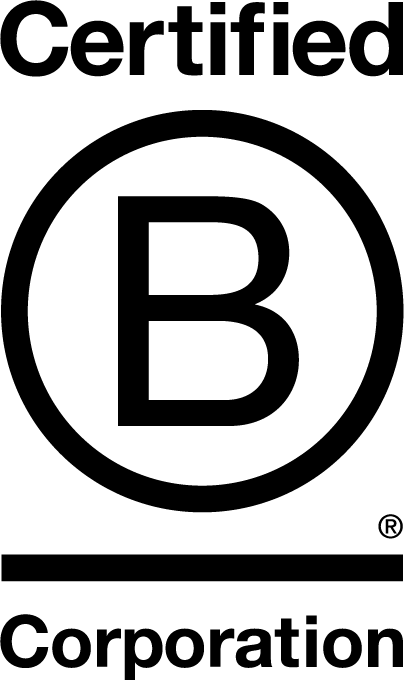
Systems Engineering Implementation
TennetSystems Engineering at Sea
At Dutch Boosting Group, our aim is to create lasting value — and our contribution to TenneT’s 2GW Programme is a clear example of that ambition. This forward-thinking project plays a key role in the energy transition, and we were excited to get involved.
The Project
To meet the growing demand for sustainable energy, large-scale offshore wind farms are being developed. The 2GW Programme focuses on connecting these wind farms to the high-voltage grid in the Netherlands and Germany. To do so, new offshore high-voltage direct current (HVDC) platforms are being developed, each capable of transporting 2 gigawatts (GW) of electricity. This is a significant increase from earlier generations of platforms, which handled a maximum of 900 megawatts to 1.4 GW.
A critical technical aspect of this project is the choice to use HVDC rather than alternating current (AC). HVDC is better suited for long distances, as it results in lower energy loss, a crucial advantage as wind farms are located farther and farther offshore.
Successfully delivering the programme requires close collaboration between network operators, governments, and market parties. TenneT is responsible for delivery in both the Netherlands and Germany and is working with robust contract strategies to manage the complexity of the programme.
The Challenge
TenneT’s objective was to accelerate and streamline the rollout of this offshore infrastructure. The aim was to develop a modular and standardised approach, leveraging shared protocols, standards, designs, and processes, so that each new platform wouldn't need to be designed from scratch. This reduces both cost and lead time, enabling a faster response to the expanding offshore wind capacity.
The 2GW Programme is not just a technical challenge; it also illustrates how standardisation and international cooperation can drive the accelerated transition to sustainable energy.


Our Approach
Dutch Boosting Group played a key role in the 2GW Programme, taking on various responsibilities such as Lead & Senior Coach for Systems Engineering, SE Trainer, and SCB Advisor.
We supported and advised the programme management and the Systems Engineering and Quality Management workstreams. This included developing and implementing the SE strategy, rollout plans, process descriptions, and work instructions. We also helped structure the SE framework and elaborated system specifications.
In parallel, we contributed to the implementation of Systems-Oriented Contract Management (SCB), developing SCB templates and delivering in-company trainings and e-learning modules for both TenneT and its market partners. We set up the Relatics database — the core SE tool — for the 2GW projects, including the establishment of the “2GW Library.”
Following this phase, we guided the (international) contractors in applying Systems Engineering, with a focus on clarifying scope, requirements management, verification, and validation. To support this, we developed dedicated processes and tools to improve the exchange and quality of project information.
We also helped TenneT implement a traceable change management process — both procedurally and within the Relatics system. This allows project teams across the 2GW Programme to implement changes to SE data in a transparent and traceable way, making updates visible and manageable across all departments.
With this full-scope approach, we provided end-to-end support tailored to TenneT’s needs within this strategically vital project.

